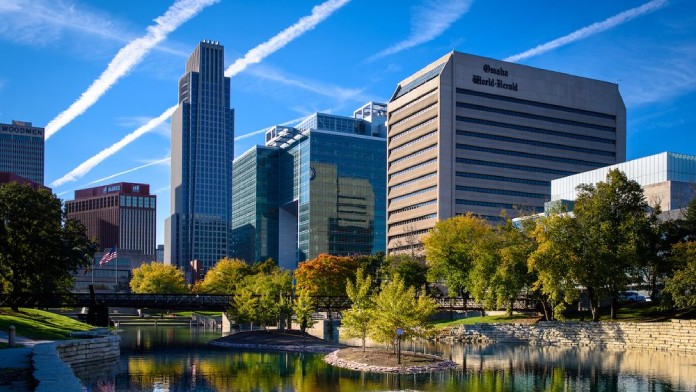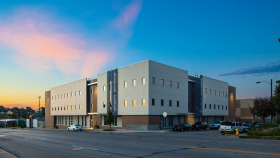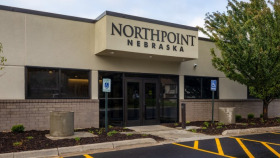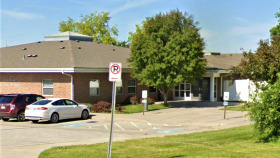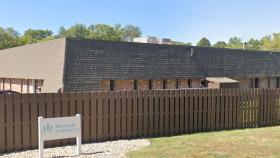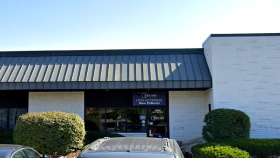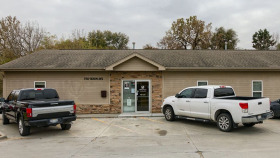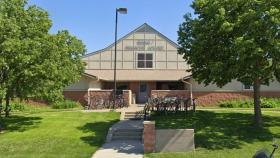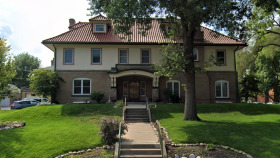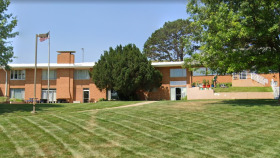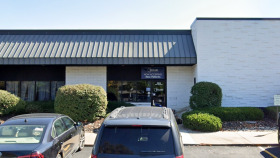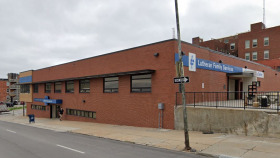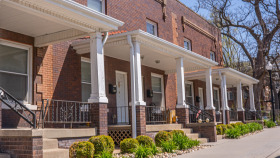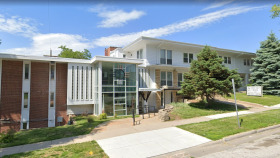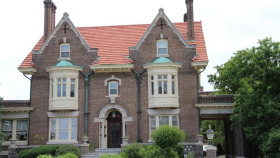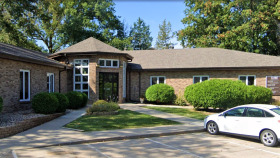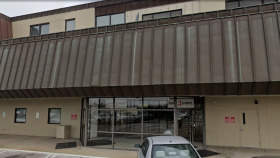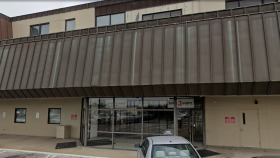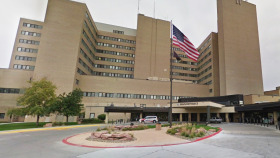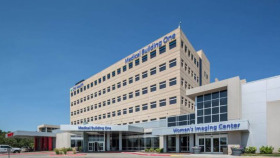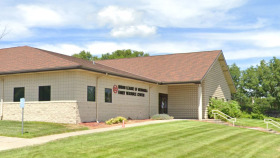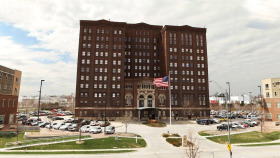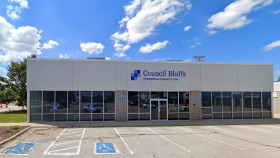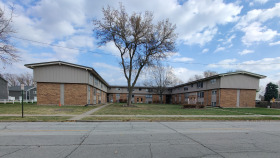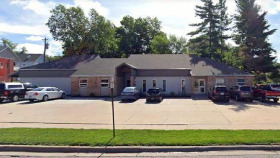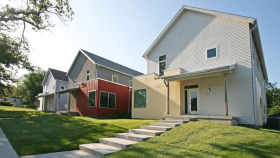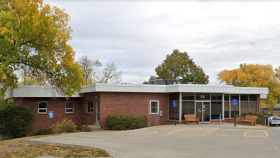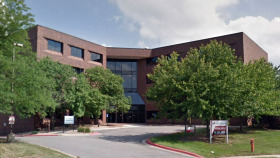Expert Insights
When it comes to drugs, one of Omaha’s biggest challenges is Interstate 80. The I-80 corridor is a well-known route for drug traffickers. The highway provides access to the northern half of the U.S., from coast to coast. Drugs make their way along this route from Mexico to Omaha and beyond. Nebraska law enforcement makes more than 430,000 traffic stops per year, and many result in successful drug seizures. But it’s time to take things to the next level. Rather than arrest a smuggler here and there, those on the front lines should share intelligence and take out the big fish. Fortunately, this type of collaboration is in the works, so state, local, and federal officials can take out entire distribution networks together.
~ Kerry Nenn
How Expensive is Drug Rehab in Omaha?
The cost of drug rehab in Omaha, Nebraska varies depending on the type and setting of the services. Outpatient drug and alcohol rehab cost an average of $1,855 in Nebraska. You are likely to spend significantly more on residential services. The average cost of rehab for a residential program in Nebraska is about $58,777.
Fortunately, there are free rehabs and insurance options that reduce financial barriers to drug and alcohol rehab in Omaha, Nebraska.
How Much Does Drug Rehab Cost in Nebraska as a Whole?
Nebraska is ranked 42nd nationwide in terms of addiction treatment affordability, with an average cost of drug and alcohol rehab of $58,777 (without insurance).
- Medical detox is the most expensive, with an average cost of $144,907
- Long-term inpatient drug rehab in Nebraska costs an average of $51,867
- Outpatient addiction treatment in Nebraska costs an average of $8,618
- Outpatient methadone treatment is the most affordable, with an average cost of $7,657
How To Find Free Rehabs in Omaha
You can find many free drug and alcohol rehabs in Omaha, Nebraska. Many faith-based centers and non-profit programs offer drug and alcohol rehab services at no cost. Even if you do not qualify for Medicare or Medicaid, you may be eligible for funding from the Nebraska Behavioral Health System to cover your drug and alcohol rehab.
As of 2024, there were over 120 drug rehab facilities across the state of Nebraska, many of which are in and around Omaha. Of those treatment facilities, the following numbers reflect how many offer free or low-cost addiction treatment programs:
How Does Omaha Compare in Alcohol and Drug Use?
Omaha is the largest city in Nebraska, boasting an estimated population of around 851,000. Situated in Douglas County, Omaha is often voted one of the state’s best cities to live in, but many residents are beginning to experience a decreased quality of life due to substance abuse. Specifically, drugs laced with fentanyl are driving overdoses and deaths in the area. In 2022, the Drug Enforcement Administration (DEA) Omaha Division seized almost 4.7 million lethal doses of fentanyl in both pill and powder form. These numbers illustrate the importance of all 37 accredited alcohol and drug rehab centers in Omaha.
Drug use in Nebraska varies among the residents based on the type of substance. Data from 2018 showed that among the individuals in Nebraska who are 12 years or older:
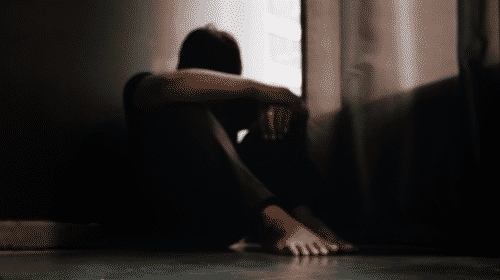
About .2% used heroin in the past year.
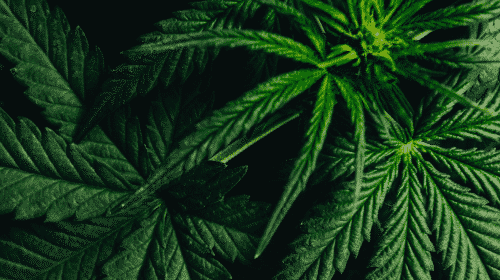
Just under 13% used marijuana in the past year.
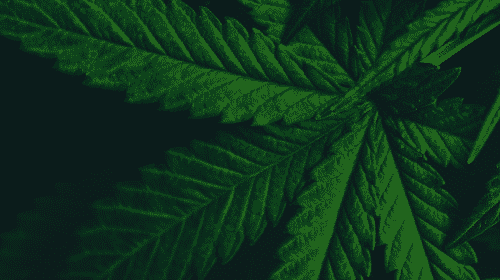
Nearly 8% used marijuana in the past month.

About 10% used illegal drugs in the past month.
Alcohol consumption is common in the Omaha, Nebraska metropolitan area, where
Describe Themselves as Heavy Drinkers
Have at Least One Alcoholic Drink a Month
Describe Themselves as Binge Drinkers
Alcohol and Drug Laws in Omaha
Driving under the influence (DUI) of drugs and alcohol is considered a crime in Omaha, Nebraska. However, the Nebraska legislature has provisions for you to get treatment when convicted of DUI.
Specialized Substance Abuse Supervision (SSAS): Driving under the influence (DUI) of drugs and alcohol is considered a crime in Omaha, Nebraska.16 However, the Nebraska legislature has provisions for you to get treatment when convicted of DUI. Specialized Substance Abuse Supervision (SSAS) is a sentencing alternative that consists of substance abuse treatment and intensive supervision.
The Good Samaritan Overdose Prevention Laws: The Good Samaritan overdose prevention laws in Nebraska exempt you from criminal liability when you request medical assistance in response to an overdose. You don’t have to avoid contacting law enforcement when you witness an overdose. You can confidently call law enforcement and paramedics if your loved one is experiencing an overdose because you’ll not be held liable.
Advanced Mental Health Directives Act: In 2020, the Advanced Mental Health Directives Act was established to address reluctance toward treatment. You can document your preferred drug and alcohol rehab treatment for care in Omaha, Nebraska, using an Advance Mental Health Care Directive. This document will be useful if you develop a crisis or lose capacity during drug and alcohol rehab. Your healthcare provider can use the document to make decisions based on your preference.
Resources
- National Center for Drug Abuse Statistics. (2022). Average cost of drug rehab.
- Nebraska Department of Health and Human Services. (2022). Treatment and recovery.
- U.S. Department of Health & Human Services. (2021). Mental health and substance use insurance help.
- Substance Abuse and Mental Health Services Administration (SAMHSA). (2021). Telehealth for the treatment of serious mental illness and substance use disorders.
- RentPath Holdings, Inc. (2022). Omaha city guide: neighborhoods and things to do.

